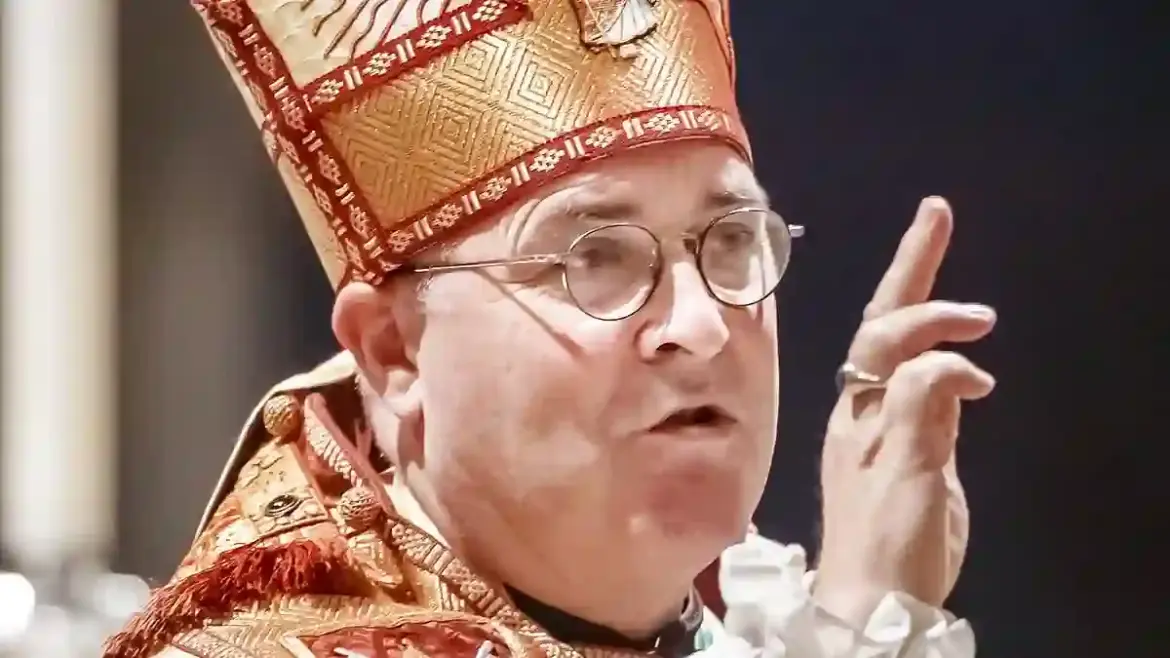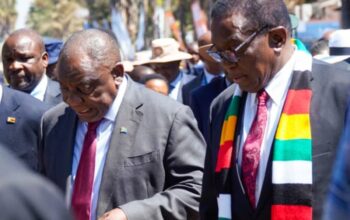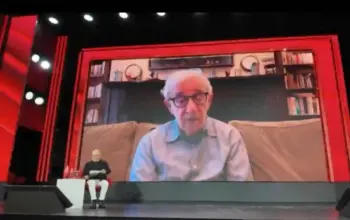As the debate around migration heats up in Britain, one of the country’s most senior church leaders has stepped in. Archbishop of York Stephen Cottrell has publicly condemned Nigel Farage’s latest immigration proposals, calling them “not the Christian way” and “beneath us as a nation.”
His intervention comes as Farage and his Reform UK party unveil hardline plans to deport hundreds of thousands of asylum seekers, sparking backlash not just from politicians and activists but now from the church as well.
What Farage Has Promised
Farage has pledged that if he became Prime Minister, his government would detain and deport every person who arrived in the UK through illegal routes—including women and children.
He said around 600,000 asylum seekers would be removed within five years.
The plans involve negotiating “returns deals” with countries such as Afghanistan and Eritrea, even if those nations have troubling human rights records.
Reform UK has suggested offering as much as £2 billion of taxpayer money to secure agreements, with migrants also being housed in “third countries” like Rwanda or Albania.
Farage admitted he was not overly concerned if deportees faced torture or even death in those countries, insisting Britain “cannot be responsible for the whole world.”
The Archbishop’s Response
Archbishop Cottrell, currently the most senior figure in the Church of England following Justin Welby’s resignation, was quick to denounce the proposals.
He argued Britain should not “simply close the door” to those fleeing war and persecution, and instead urged compassion, understanding, and a more functional asylum system.
“It has long been the British way to give shelter to those escaping violence,” he said, warning that Farage’s approach undermines Christian values and risks eroding the nation’s moral standing.
Other church leaders, including the Bishop of Chelmsford, have voiced their agreement with Cottrell’s stance.
Tensions Between Faith and Politics
The clash is particularly striking given Farage’s repeated appeals to “Judeo-Christian values” in his politics.
He has often claimed Christianity should be recognised by the government “at all levels” and even called for a “muscular defence” of Christian traditions.
Now, with senior church figures strongly opposing his migration agenda, Farage risks a direct confrontation with the very religious authorities he often cites.
When asked whether ignoring church leaders was hypocritical, Farage dismissed them as “out of touch” with ordinary Christians.
The Human Rights Dimension
Farage’s Reform UK has also promised to withdraw Britain from the European Convention on Human Rights (ECHR) and scrap the Human Rights Act, removing many of the legal protections asylum seekers currently rely on.
He further named countries like Iran, Sudan, Eritrea, and Syria as potential destinations for deportees—despite their well-documented records of repression and brutality.
The Taliban has even indicated a willingness to accept Afghan deportees under Farage’s plans, a move that shocked critics given the group’s record of violence, especially against women.
Why This Debate Is Explosive
The issue of asylum and migration has already fueled widespread protests in the UK.
Demonstrations outside hotels housing asylum seekers, such as the Bell Hotel in Epping, Essex, have turned violent in recent weeks.
One asylum seeker there was charged with sexually assaulting a teenage girl, sparking outrage and further protests.
Local councils have since launched legal battles to stop hotels being used for migrant accommodation, with judges now weighing in on whether such use is lawful.
The government has warned that forcing hotels to shut their doors to asylum seekers could trigger even more protests at other sites across the country.
Echoes of the Rwanda Plan
Farage’s proposals echo, and even harden, the controversial Rwanda scheme introduced under former Prime Minister Rishi Sunak.
That plan, which would have sent illegal migrants to Rwanda to have their claims processed, was branded “a national shame” by senior clergy back in 2022.
Now, Reform UK’s even tougher “Operation Restoring Justice” raises the stakes further, intensifying the clash between hardline politicians and faith leaders calling for compassion.
A Nation at a Crossroads
This debate is not just about policy—it cuts to the heart of Britain’s identity.
On one side are those, like Farage, demanding tough measures to stop small boats and deter illegal crossings.
On the other side stand senior church figures, arguing that compassion and humanity must remain central to how the country treats the most vulnerable.
As Archbishop Cottrell put it, “It should remain the British way to shelter those escaping conflict.”
But with Farage promising deportations “within days” of taking power, the conflict between faith and politics is only just beginning.



